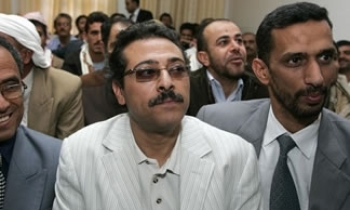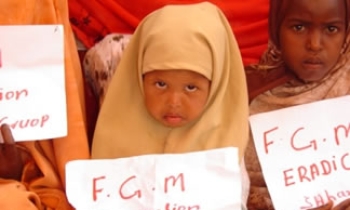A non-profit organisation that trained women journalists in Afghanistan has folded up. The Canada-based Institute for Media Policy and Civil Society (IMPACS) has announced that it is filing for bankruptcy. The bankruptcy period officially began March 21 and a meeting of creditors is scheduled for April 11.

A statement on the organisation’s website said, “While IMPACS had recently received word of some greatly appreciated new funding for some of its programs by a number of Canadian foundations and new federal funding for one of its international projects, the IMPACS Board has determined that the only responsible course of action available at this time is to plan for an orderly wind-up of IMPACS, assisting in the securing of new work opportunities for the organization’s employees and to limit the adverse financial exposure of the organization and its valued creditors.”
IMPACS had recently been caught up in a controversy over a programme in Afghanistan, whereby Afghan women were to be trained about journalism and the law in a series of media-related projects. An audit report described it as a “misguided bust that wound up breaking Afghan media ownership rules.”
Among the projects was the launch of a newspaper in Kabul in 2004, the Canadian Press news agency reported. The paper was supposed to train female reporters and educate women about politics and other issues, even though figures from the United Nations suggest that nearly 80 per cent of Afghan women are illiterate.
Critics had suggested that the programme and its projects were not properly managed and a 2005 audit by the Canadian International Development Agency (CIDA) revealed that the newspaper project and its reliance on IMPACS for survival breached Afghan media law on foreign ownership.
Raw-e-Naw (Dari)/Newi Lara (Pashtu) was launched in April, 2004 with the goal of covering women’s participation in politics, the presidential and parliamentary elections, and the voter registration process. Its team of eight reporters, editors and business developer —six women and two men —expanded their coverage to include social affairs, health and business. Published in Dari and Pashtu, the newspaper team claimed to distribute 10,000 copies of its 16-page paper around the country every month.
“A newspaper is not the most effective means of communication to reach the average Afghanistan citizen,” the CIDA audit reported. “The paper will not be sustainable when project funding ends.”
An effort was also made by IMPACS to establish women’s voices on community radio stations, but federal funding for these projects were cancelled as well. Evaluators found the media project lacked even the most basic managerial oversight on the ground, while financial reports were spotty or nonexistent.
Since August 2002, IMPACS established four independent women-managed radio stations and the newspaper. Together they formed the Parwana Media Network: Radio Rabia Balkhi in Mazar-i-Sharif; Radio Sahar in Heart; Radio Zohra in Kunduz; Rah-e-Naw/Newi Lara monthly newspaper in Kabul; and Radio Quyaash in Maimana.
Documents obtained by the Canadian Press through Access to Information showed IMPACS spent almost $3 million on all of the programmes it ran in Afghanistan. The 2005 returns for the organisation in the federal Charities Directorate showed that it had 11 full-time employees and spent $1.9 million on projects outside of Canada.
Gordon Floyd, chair of the organisation’s board of directors, told the Canadian Press that IMPACS had faced financial troubles only in recent months. “IMPACS is one of the organizations that has fallen victim to a whole series of cuts from the Harper government,” Floyd said Sunday.
Floyd said the organisation had become “a healthy organization” over its 10-year history and had been accustomed to a yearly budget of $3 million to $5 million depending on their projects in operation.









